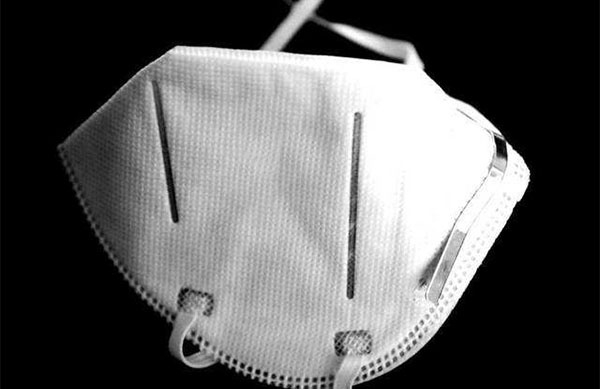Avoiding touching disposable FFP2 masks after wearing them is essential for several reasons:
Preventing Contamination: Your hands can carry various contaminants, including bacteria and viruses. Touching the exterior of the mask after use can transfer these contaminants to the mask's surface, potentially making it a source of infection.
Maintaining Hygiene: Disposable masks are designed for single-use and should be treated as potentially contaminated after use. Touching the mask with your hands can compromise its cleanliness and hygiene.
Protecting Yourself: If the mask has been used in a situation with potentially infectious particles, touching it afterward can put you at risk if you inadvertently transfer those particles to your hands and then touch your face, eyes, nose, or mouth. This can result in infection.
Preserving the Mask's Integrity: Repeated handling of the mask can cause wear and tear, potentially compromising its structural integrity and filtration efficiency. The more you touch the mask, the greater the risk of damaging it.
Handle the Mask Properly: When putting on and taking off the mask, handle it only by the straps or ear loops. Avoid touching the front of the mask, which is the part that comes into contact with potentially contaminated air.
Dispose of Used Masks Safely: After use, dispose of the mask in a designated receptacle or container. Do not leave used masks lying around, as they can potentially pose a contamination risk to others.
Practice Good Hand Hygiene: Wash your hands thoroughly with soap and water for at least 20 seconds after handling a used mask or disposing of it. If soap and water are not available, use hand sanitizer with at least 60% alcohol.
Avoid Reusing Disposable Masks:
disposable FFP2 masks are designed for single-use or limited-duration use. Reusing them can compromise their effectiveness and increase the risk of contamination.
